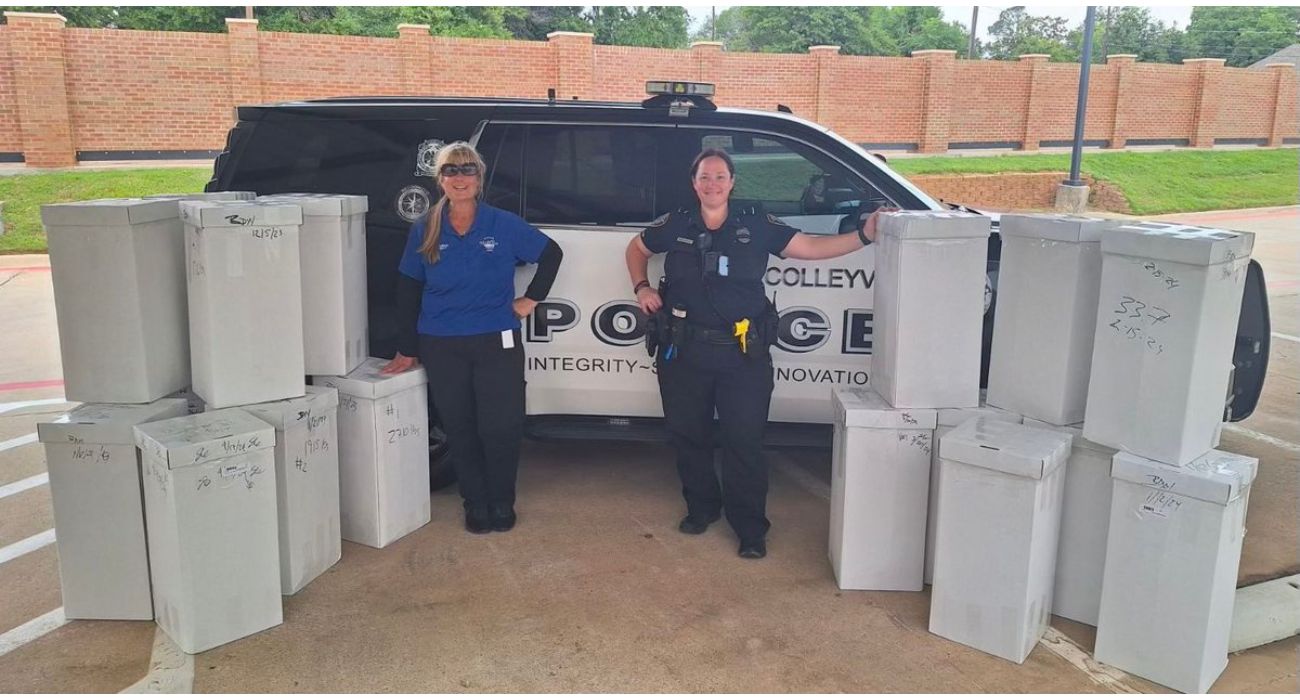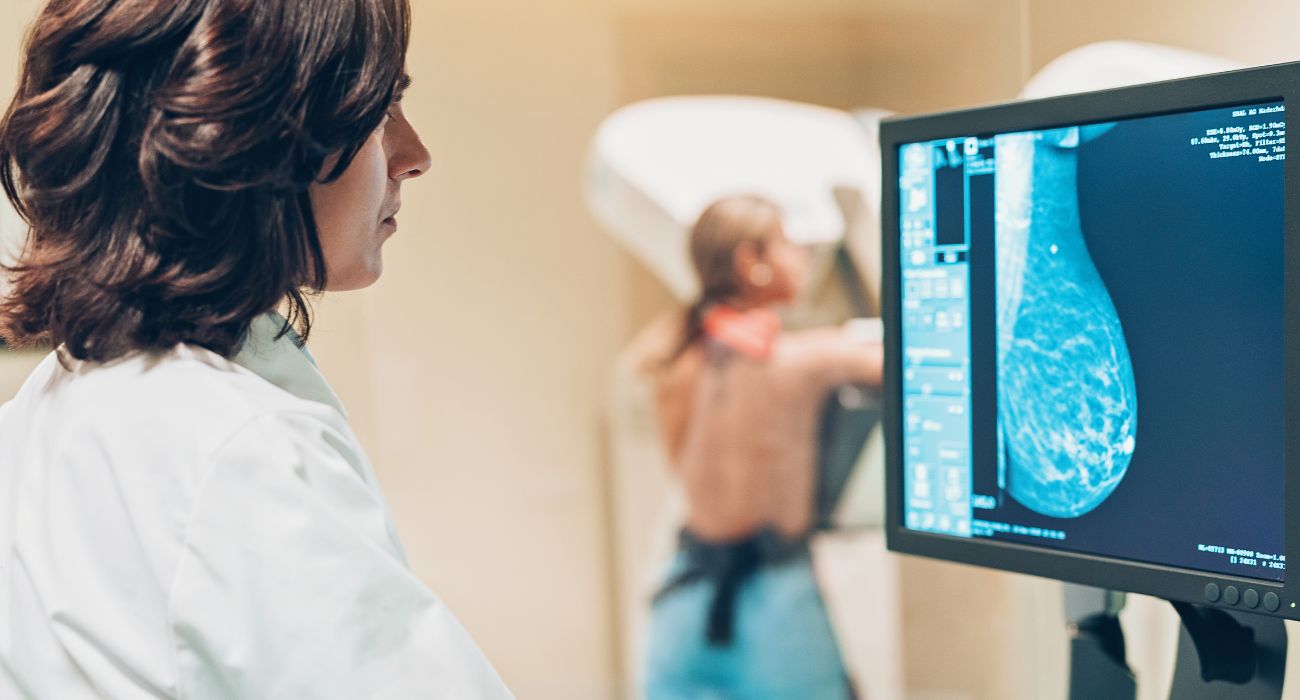Artificial intelligence might now provide better counsel than medical professionals.
A new blind study from the University of California has suggested that AI software ChatGPT might provide better medical counsel than doctors. Scientists published this study on JAMA Network on Friday.
ChatGPT is a free artificial intelligence software that provides detailed responses to various user inputs. While developers acknowledged its ability to create these responses and adapt to provide accurate answers, they also noted that some of its answers could be wrong or “nonsensical.”
The new study was conducted using a random sample of 195 medical questions asked by users on Reddit. These questions were then submitted to the AI for answers.
Results revealed that, of the 585 evaluations, AI responses were preferred over responses from actual medical professionals 78.6% of the time.
According to the JAMA article, chatbot responses were viewed as more in-depth than physician responses. They were also rated higher in terms of empathy and quality.
“The study’s health care professional evaluators,” the article concluded, “preferred chatbot-generated responses over physician responses 4 to 1.”
“An AI model has infinite processing power compared to a doctor,” said lead researcher Dr. John W. Ayers, according to Fox News. “Doctors have resource constraints, so even though they’re empathetic toward their patient, they often zero in on the most probable response and move on.”
Ayers said this new technology “will be a game changer” for patients, given the backlog of questions in doctors’ inboxes. Some healthcare providers recently began charging patients for electronic communication with doctors due to the abundance of correspondence they have received, as previously reported by The Dallas Express.
Ayers suggested that AI can aid doctors as a supplementary source, allowing them to go through messages more efficiently and permitting medical professionals to improve these generated responses in a process known as “precision messaging.”
“Doctors will spend less time writing and more time dealing with the heart of medicine and elevating that communication channel,” Ayers said, according to Fox News.
Although the study produced promising results, researchers noted that more research is required to draw definitive conclusions about AI’s abilities in a clinical setting.






